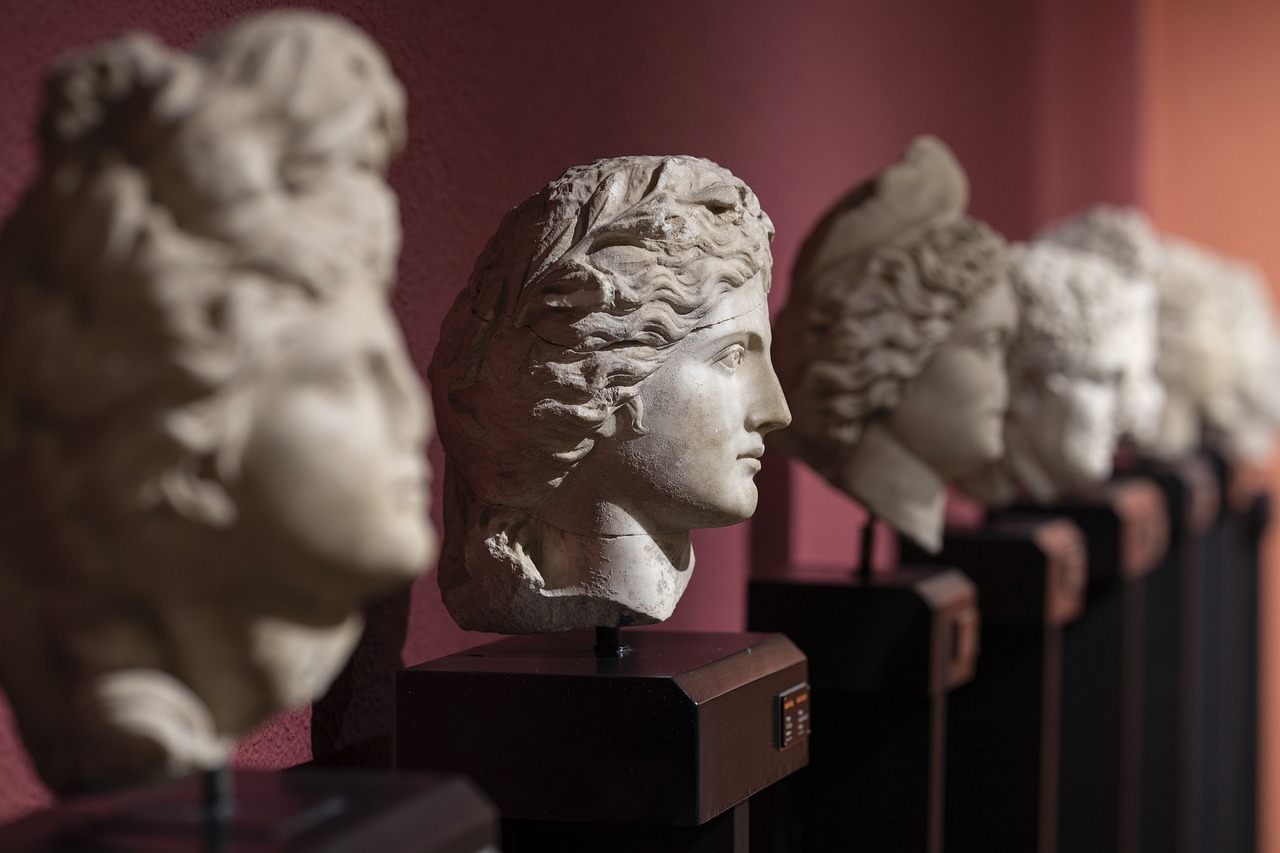Greek mythology encompasses a rich tapestry of tales surrounding deities, heroic figures, and the rituals practiced by ancient Greeks, all of which have a lasting impact on Western art and literature. The myths, often accepted as truths in ancient Greece, served both to explain natural phenomena and to present the deeds of gods and heroes. While cultures worldwide have created their own mythologies, Greek myths stand out for their compelling narratives and imaginative components. These stories have inspired countless poets and artists throughout history, with their themes continuing to resonate today.
Key Literary Sources of Greek Mythology
Prominent among ancient sources are the works of Homer, particularly the Iliad and the Odyssey. The historian Herodotus of the 5th century BCE noted that Homer and Hesiod shaped Greek perceptions of the Olympian gods, attributing recognizable traits and stories to them. The characters, such as Apollo, were instantly recognizable to contemporary audiences through their rich mythological backgrounds.
The Theogony and Works and Days by Hesiod also serve as crucial texts. The Theogony provides comprehensive genealogies of the gods and accounts of their origins, while Works and Days includes insights on farming and valorizes justice as a means to navigate life’s perils. The two are often viewed as complementary, with the first detailing divine order and the second offering practical wisdom.
Later Developments in Mythology
The fragmented post-Homeric epics, alongside the Homeric Hymns, are further examples of significant literary contributions that expand on the Trojan War narratives. The lyrical poetry of Pindar offers a wealth of mythological reference, and the works of playwrights Aeschylus, Sophocles, and Euripides reflect a deep engagement with these ancient traditions.
During the Hellenistic period, figures such as Callimachus and Euhemerus brought new interpretations and obscure myths to light, exploring the idea that gods once walked the earth as humans. Scholars like Apollonius of Rhodes chronicled legendary adventures, such as the quest for the Golden Fleece by Jason and the Argonauts.
Archaeological Contributions
The rediscovery of Mycenaean and Minoan civilizations provided a foundation for understanding ancient myths and rituals. Archaeologists like Heinrich Schliemann and Sir Arthur Evans uncovered ruins and artifacts that shed light on early Greek culture from 2200 to 1200 BCE. However, evidence from these periods primarily consists of monumental remains, as the Linear B script mainly recorded economic transactions rather than mythologies directly.
In more recent periods, pottery from the 8th century BCE and subsequent artistic works depict mythological scenes, contributing to our understanding while also presenting interpretive challenges. Subsequent eras, including the Archaic, Classical, and Hellenistic periods, saw a fusion of literary and artistic sources that enriched the understanding of these ancient narratives.



